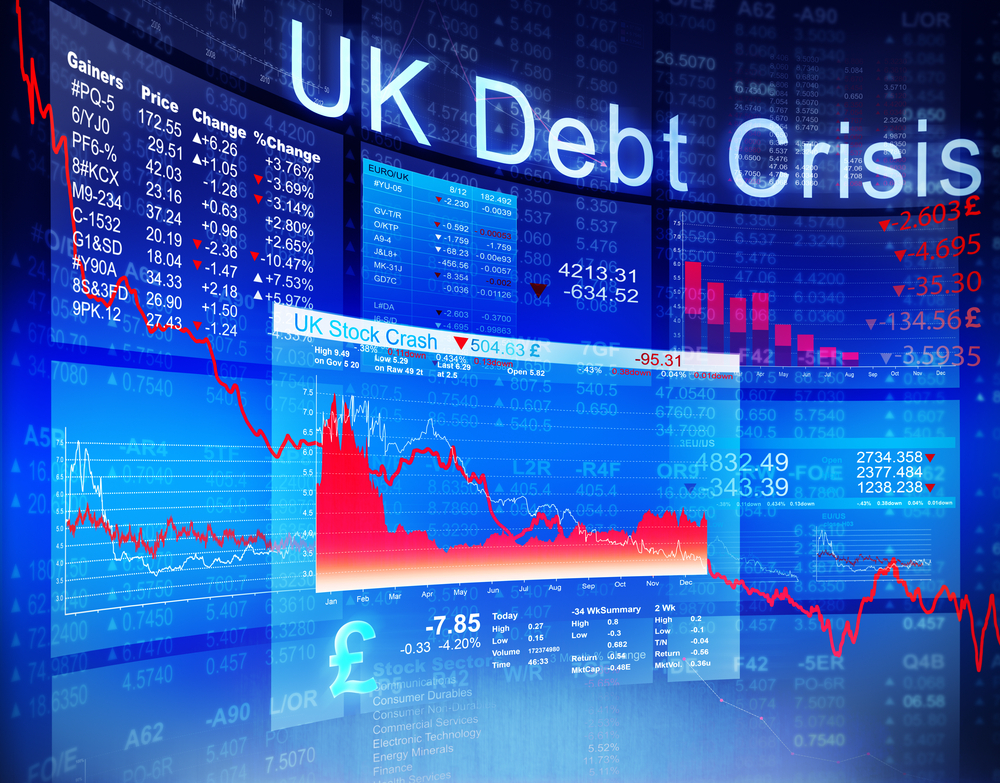
By David Lamb CFP™ MCSI
Amid the ongoing political financial crisis, turn on the news and it’s all doom and gloom for investments.
Almost daily it seems that we are being told that gilt yields are rising and that it is bad news. But why is that? How do gilts operate?
In this blog I will explain very basically how fixed interest investments work.
Suppose two years ago, the Government needed borrow £100 and you agree to lend them the money for a fixed rate of interest of £2 each year for 10 years, and at the end of that term the loan will be repaid. This £2 is known as the coupon rate.
This is a good investment for you because two years ago you would have struggled to get an interest rate from a bank or building society as high as 1% and, after 10 years, the loan will be repaid if the borrower is still around.
As it is the UK Government, I think we can be pretty sure that the borrower will be there to repay the money.
So what is the risk?
Let’s assume that you need to get your money back today, so you go to the Government and ask for your £100 back. Unfortunately, the Government will respond saying that they are not due to repay the money for another eight years, so come back then and you can have your money.
Because you really need your capital returned, you go elsewhere to try and sell the bond. You go next door and offer it to your neighbour and say ‘give me £100 and you will get £2 every year and in eight years’ time, you will get your £100 back from the Government’.
Unfortunately, your neighbour responds saying that he can now get 4% on money in the bank but (because he knows you really need the cash) he offers you £50 for the bond on the basis that you are getting some of your money back and he is still getting his 4% interest.
This is the main risk with fixed interest investments. The amount payable is fixed but if interest rates go up, the capital value will fall.
Now let’s assume that you need the money after nine years. The Government will still tell you to come back at the end of the 10-year period.
So you again approach your neighbour, who points out that interest rates are still 4% and offers you £50, but you now say ‘okay interest rates are 4% but you will get back £100 in a year’s time. You give me £90 and over the next 12 months you will get £2 interest and an increase on your investment of £10’. That is a return of £12. This is the yield.
So when we hear in the news that fixed interest yields are increasing, this is because the capital value is reducing.
Added into this, we need to consider risk; the risk of the capital not being repaid. The bigger the risk, the bigger the return you would expect.
One of the causes of fixed interest yields increasing is because there is concern that the Government is borrowing too much money and therefore the risk of default increases.
As we have seen the coupon stays the same, so to increase the interest rates the capital value will fall to reflect the higher risk.
The good news is that the credit rating agencies, whilst suggesting a negative outlook, are still rating the UK as AA (the best is AAA). Whether the rating is AAA or AA, what really matters is being patient – things are most likely to improve.
Should you be currently avoiding investments that hold fixed interest?
Stick to the principle that the best time to buy an asset is below its longer-term intrinsic value which will ultimately lead to satisfactory returns. Whilst this is a philosophy that is simple to understand, it can be difficult to execute for a lot of investors.
What should you do if your investments currently hold fixed interest funds?
When we are analysing our client’s attitude to investment risk, we ask them how they would react if their investments fell by a relatively large amount. Most wouldn’t panic and they would remain patient and wait for their investments to return to higher levels.
Now is that time. Be patient; things will get better.
The Bank of England is still predicting inflation will be closer to its 2% target in 2024. Interest rates will fall, so will yields and the capital value of fixed interest investments will increase.



